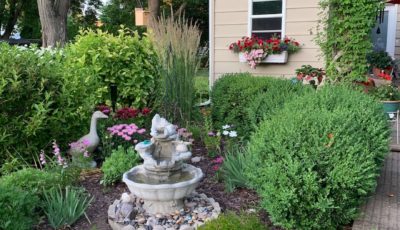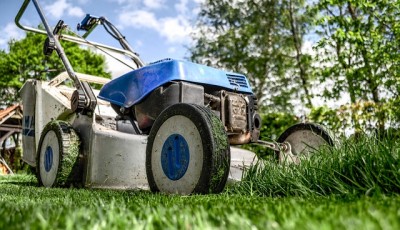Buying Land to Grow a Garden: 5 Tips
Growing a garden has numerous benefits. It’s a great physical activity that can keep you active and healthy. It’s also a source of fresh fruits and vegetables, making it easier to keep your diet healthy. As a bonus point, gardening is widely known as a natural stress reliever, helping you improve your sleep.
If you like the sound of it and consider starting your own garden, you’ll need a suitable plot. To help you out, we’re sharing the top 5 tips for finding the perfect land for sale to get you started on your gardening journey.
Check the Plot’s Surface
The first step to choosing land for gardening is to get a feel of the soil. Take a fistful and squeeze it in your hand. If it keeps its form and grinds when lightly prodded, it’s likely a nutrient-rich soil with the right amount of drainage for gardening.
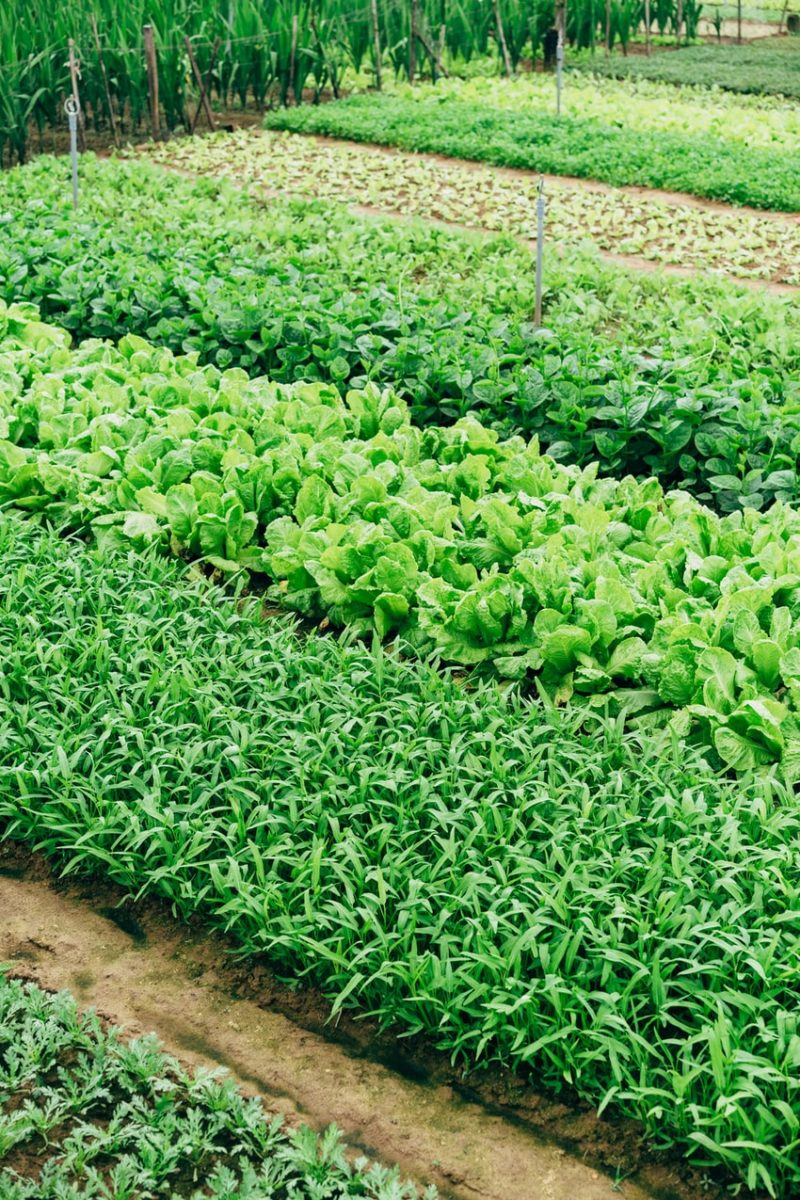
On the other hand, if the soil clumps up under slight pressure, you have thick soil that probably has all the right nutrients, but is also slow to drain. Keep in mind that you shouldn’t check the ground in just one place. For a more accurate picture, feel the soil in every place where you might decide to plant.
Inspect Below the Surface
Your plants will put down roots, so ensure the soil’s consistency is good below the surface. Dig about 2-4 feet to better understand what lies underneath the surface. A rocky soil means your plants won’t flourish.
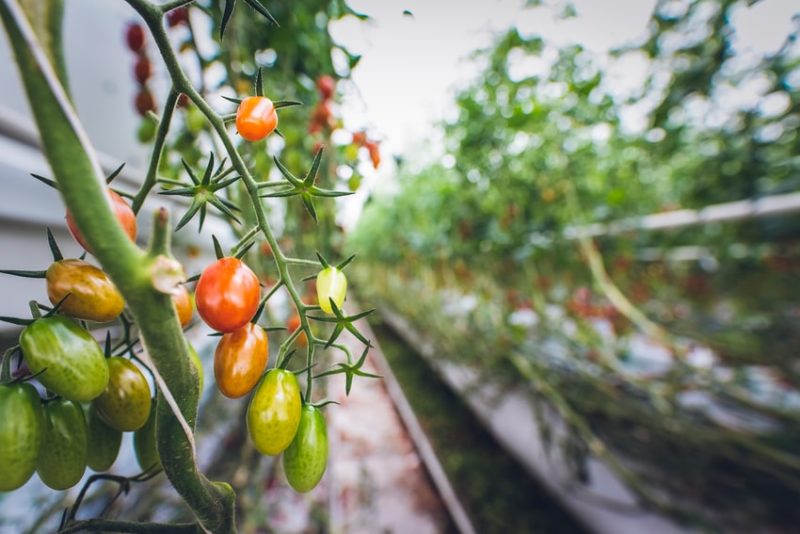
You can further test the soil’s drainage by scooping a hole about one foot deep and covering it with water. Once it drains, fill it again. Pay attention to how long it will take to drain out this time. If it takes more than four hours, it’s a sign of inadequate drainage and poses a risk of flooding. Don’t forget to get permission from the landowner before digging.
Test the Soil’s pH Levels
Testing is crucial for determining if the land’s soil is optimum for plant growth and development. A basic soil test assesses the soil’s pH, as well as the levels of nutrients and micronutrients.
The acidity levels range from 0 being acidic to 14 being alkaline. A basic pH test can be performed at home. Take a cup of the soil, place a spoonful in a container, and add vinegar. If it fizzes, the ground is alkaline. If nothing happens, place a spoonful of soil on another container and add soda and water. If it fizzes, it’s acidic. If neither causes a reaction, the soil is neutral.
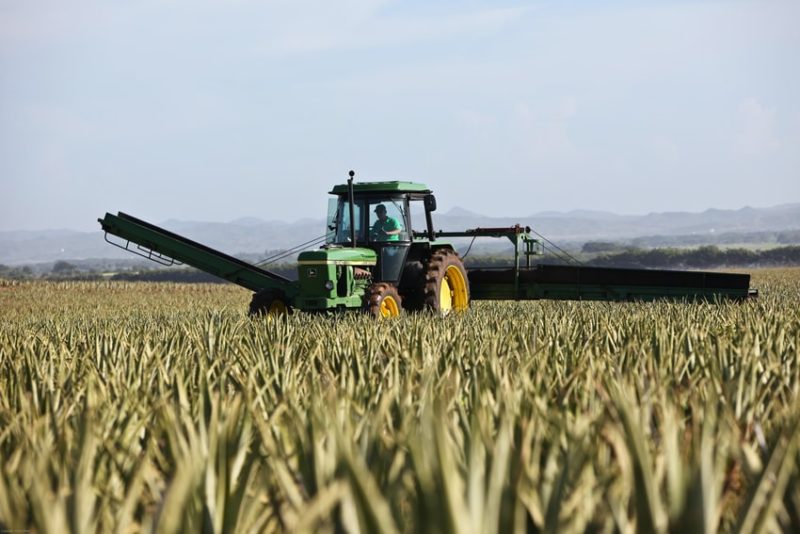
Vegetables require different degrees of pH. Based on the results, you’ll know if you can match your soil to the crops you plan to grow or you’ll have to add amendments to the soil to reach the proper pH level and meet your plants’ needs.
Study the Vacant Land’s Surroundings
If you’re buying a piece of land to grow a garden, it’s essential to consider its surroundings. For example, if it’s densely forested or surrounded by several small bodies of water, the land might not be ideal for gardening.
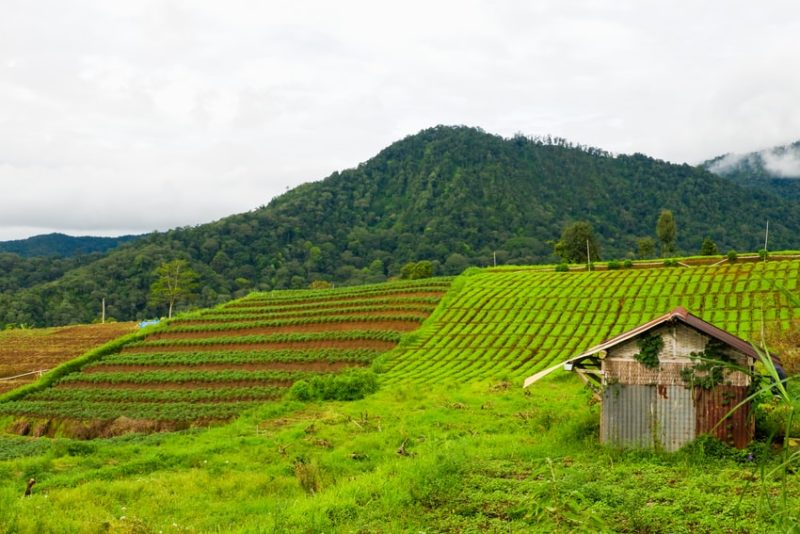
It’s best to choose a plot that’s mostly flat and in the open. Make sure to check for trenches or any other form of demanding landscape. Keep in mind that dealing with a sloping garden is more difficult, time-consuming, and expensive. Last but not least, take a look at the neighboring land – if the lot you’re intending to buy is close to an industrial site, the soil on your plot can be contaminated.
Do Your Due Diligence
Ask the owner for property details and sales history. Additionally, learn what the land was used for previously and if they have ever planted anything. Make sure you also check for local laws that regulate home gardening.
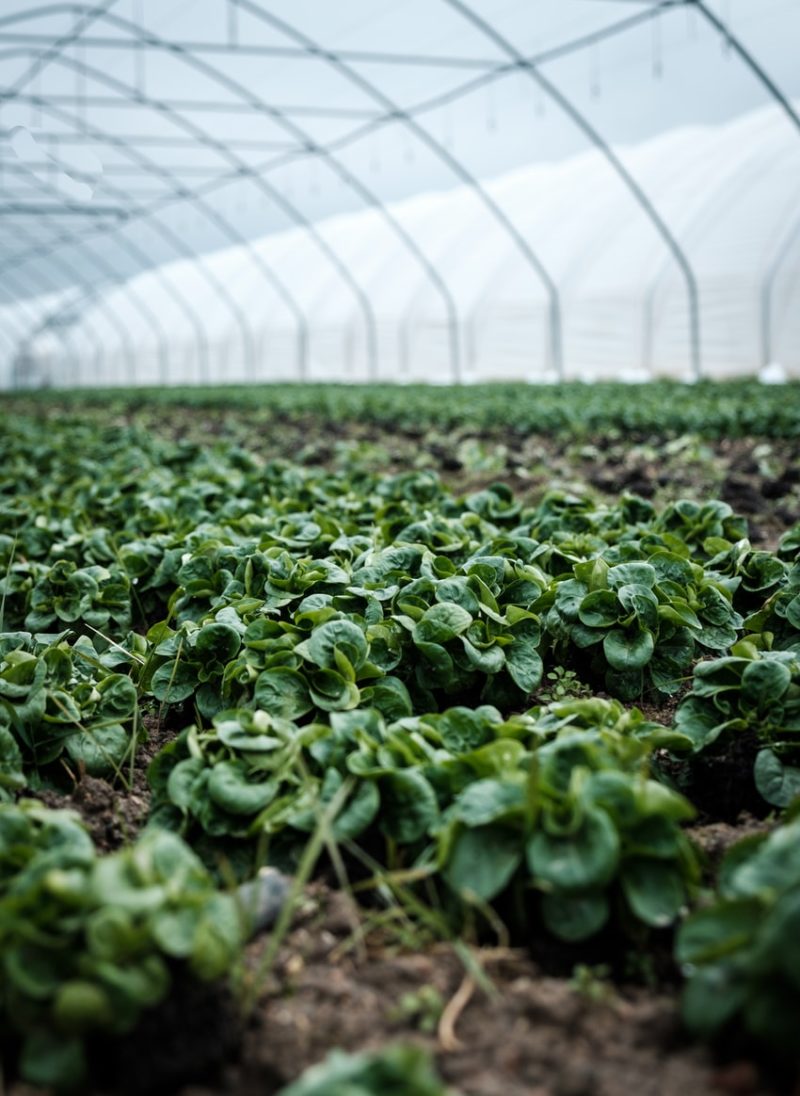
Many communities have a Homeowners’ Association, so look for HOA bylaws and policies that apply to gardening. Some policies might limit your changes to your landscape. There might be laws that regulate how high a fence or hedge can be or what’s the maximum length of the grass. Contact the HOA board and visit your local government’s website. Search under the department page for planning or zoning to learn more about such regulations and make sure you can stay compliant.
Final Words
It’s crucial that you buy land that meets your needs. You don’t want to get stuck with a piece of property that isn’t suitable for developing a profitable garden and becomes a financial burden. Do your research, and don’t settle for anything less than a perfect land with an ideal location and conditions to start your garden.


